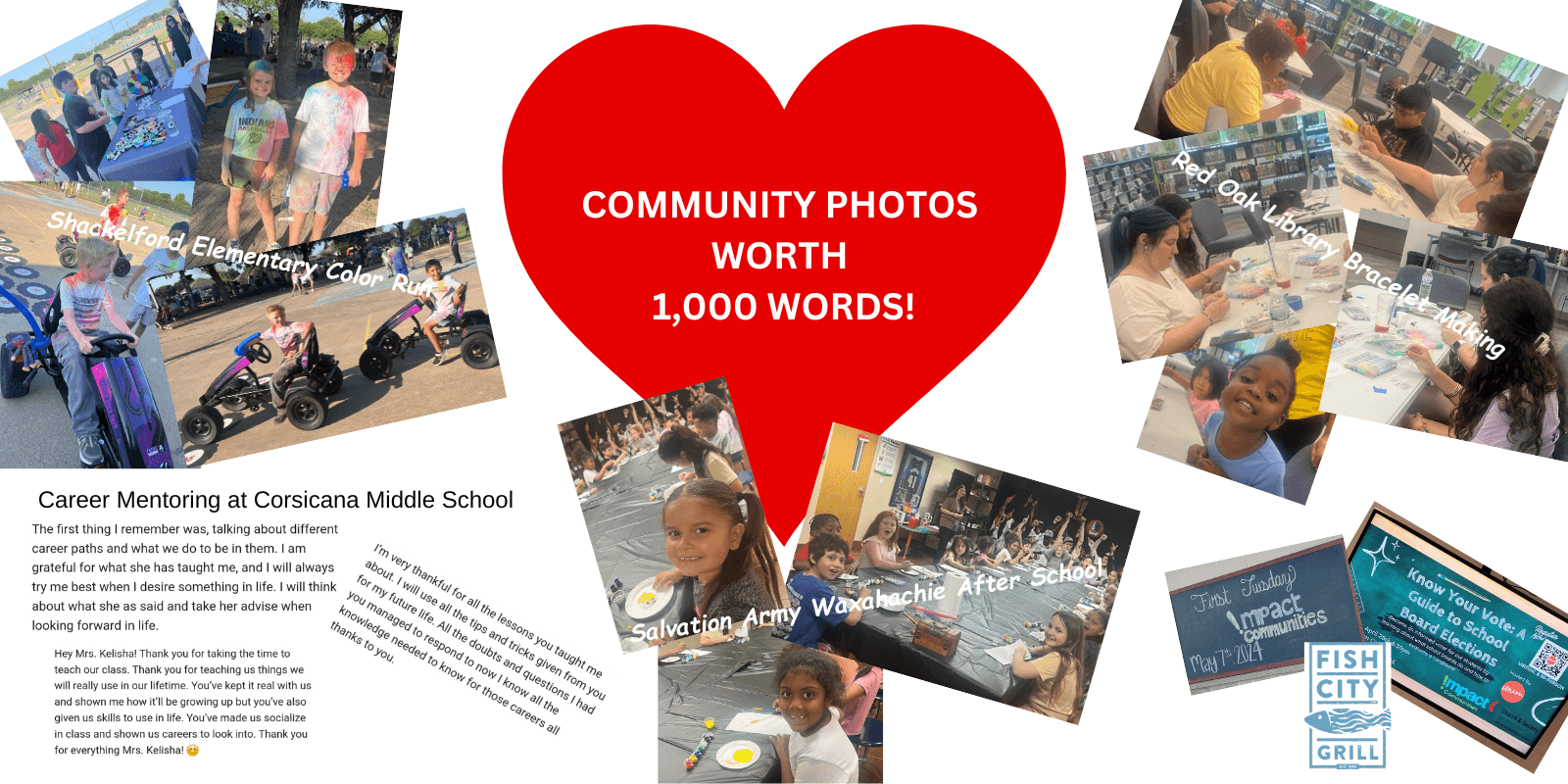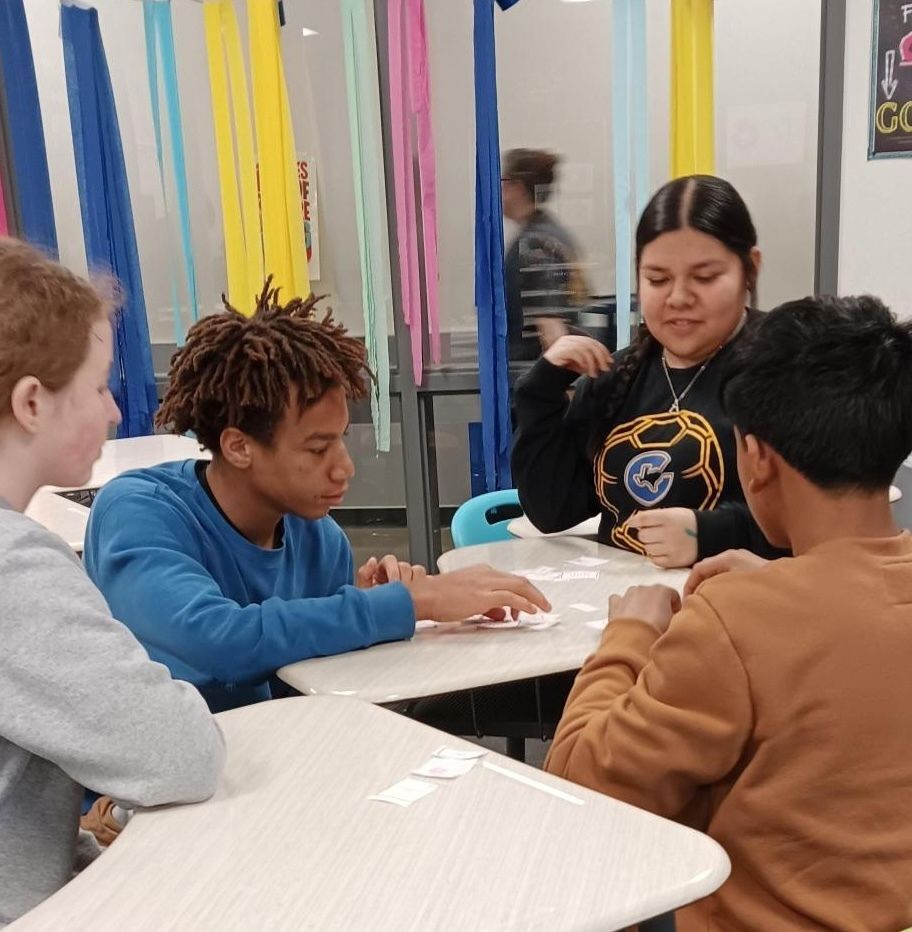Did you know that one in six children under the age of 18 in North Texas lives below the poverty line?
Of the six largest states in the nation, Texas ranks first in the largest percentage of people living in poverty and is well above the national average. The federal poverty level is $27,750 for a family of four. I find it sad that in North Texas that same family would need to earn a minimum of $60,505 to be self-sufficient without public assistance.
In America, 37 million people, including 1 in 6 children, live at or below the poverty line.
I heard this alarming statistic recently during a unique event at Waxahachie Bible Church called the Cost of Poverty Experience (COPE), a program of Unite, Dallas, a non-profit whose mission is to connect and equip churches and their partners to care for their people and communities.
During the 2 ½ hour immersive experience, I slipped into the lives of fictional families, representing a cross-section of our communities, that face poverty every single day. Until COPE, I’ve never known the fear of not knowing how I was going to take care of my family.
I thought the experiential nature of this training would help me more deeply understand the complexities of poverty, paving the way for us to address the issues of poverty more comprehensively. What I wasn’t counting on was all the emotions I experienced during this simulation.
Stress, anxiety, frustration, anger, and an overwhelming fear when I missed feeding my “family” for a whole week.
One member of my family was involved with selling drugs and other illegal activity. We were desperate and had no problem using his money to buy food, gas and to help pay rent. Another family member was unemployed, suffered from major depression, but we couldn’t afford her medication. It was a very helpless feeling to not be able to get what we needed.
Unexpected events unfolded during COPE. We were simulating one month of living in poverty, with each week lasting 15 minutes. Each week we had to make sure our family had gas, groceries, prescriptions, utilities, and shelter, not to mention court appointments, bank loans, and pawn shops.
During the simulation, we left money on the table because we didn’t know about all the resources that were available. For example, I spent $450 on groceries for the month but later received that amount in food stamps. I could have used that grocery money to pay for my partner’s medication, but I was unaware.
I have a deeper appreciation and empathy for the hardships faced by the families we serve. I see a small part of just how hard it is to escape poverty. It’s not just about having no money. That’s just the tip of the iceberg.
I’m excited about the opportunity to build partnerships with the broader community to improve outcomes for low-income families. I’d like to invite you into a conversation, and I’d appreciate your ideas. I ask you to consider how you are investing in making these conditions better. Please reach out to me at bvance@drugfreegen.org. And for more information on COPE, contact cope@unitethechurch.org.




